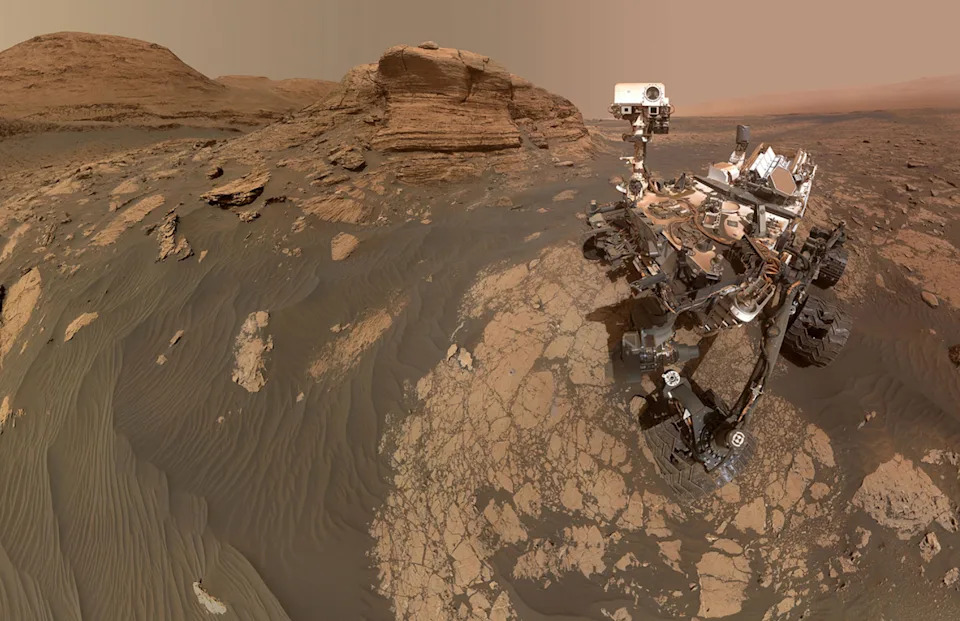If you purchase an independently reviewed product or service through a link on our website, BGR may receive an affiliate commission.
For decades, scientists have theorized about how Mars reached its current state. Many believe that the Red Planet’s surface may have once been covered in rivers and oceans. But, if that’s really the case, what happened to all of the water on Mars? Well, new research could fundamentally change everything we know about our neighboring planet.
According to a new study conducted by the University of Chicago, data captured by NASA’s Curiosity rover may hold the key to learning more about Mars’ history as a whole. While some theories say that Mars was once covered with water and then evolved to become the desert planet it is now, this new research suggests that Mars has always been a desert planet, with eras of water-heavy development sprinkled in.
Today's Top Deals
XGIMI Prime Day deals feature the new MoGo 4 and up to 42% off smart projectors
Best deals: Tech, laptops, TVs, and more sales
Best Ring Video Doorbell deals
The research, which is published in the journal Nature, suggests that instead of being habitable in a similar way to Earth, Mars follows a natural pattern that favors more desert-like conditions. It’s an intriguing discovery that could completely change what we know about the Red Planet.
 curiosity
curiosityThis is especially interesting, as we know that Mars shares a lot of similarities with Earth. So, if it is determined that the planet favors desert conditions instead of more water-heavy conditions like our own planet, then it could change how we need to approach the science of understanding the Martian surface entirely.
One of the biggest reasons that the history of water on Mars has been so intriguing is that the current atmosphere doesn’t seem to support such a past. In order to determine this, though, we had to find the right kind of rocks. Those carbonate rocks were discovered earlier this year by Curiosity, which helped us paint a better picture of how Mars’ carbon cycle works.
The carbon cycle is very similar to the same cycle that Earth follows, which scientists believe has helped our planet remain as stable and habitable as it has. Of course, learning more about the Red Planet and what happened to Mars’ water could also rely on us getting boots on the ground, something NASA and others are keen to accomplish within the next decade.
More Top Deals
Memorial Day security camera deals: Reolink’s unbeatable sale has prices from $29.98
Sign up for BGR's Newsletter. For the latest news, follow us on Facebook, Twitter, and Instagram.
See the original version of this article on BGR.com














